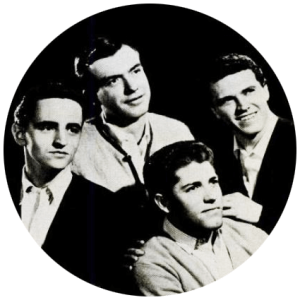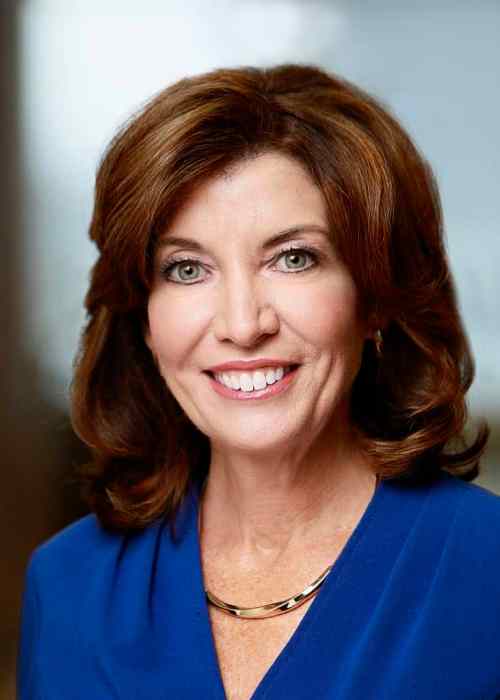
(Photo courtesy of Reprise Records)
Quick show of hands: How many of you have noticed the increased use of popular songs in commercials? How many of your memories were triggered by those songs, and how many of you searched for the songs on YouTube to hear it in its entirety? Better yet, how many of you made a purchase, based on the music you heard in the commercial? For the record, I’m raising my hand with the collective.
A few years or so ago, I was otherwise distracted by a project that my husband and I were finishing up in the kitchen. The bedroom television was still blaring so that we could hear the program in the background. When the show cut to the commercial, we were treated to the gravely voice of Louis Armstrong as he crooned, “What a Wonderful World.” The commercial was for Values.com, and the tag line was, “What a wonderful world. Pass it on.” It brought me to tears.
When my daughter was an infant, she suffered from pyeloric stenosis from which she almost died. After a long day at North Shore Hospital in Manhasset, my husband and I came home to decompress. I was worried that the assorted diagnoses that had been thrust upon her were going to be fatal and offered a silent prayer for her well-being. As we switched on the television, “What a Wonderful World” played during an episode of the Tim Allen comedy Home Improvement. I smiled through my tears, because I realized that everything was going to be okay. Every time I hear Louis Armstrong’s voice sing the song, I’m reminded of the positive outcome and the joyful memories that followed. I also remember the Values.com commercial and its positive message.
The use of music in advertisements and programming is a powerful thing, indeed. Companies use music to be perceived as “trendsetters,” but they also weave well-known songs into 30 seconds of advertising for popular appeal and aesthetic value. It’s also been noted that the use of familiar music will leave a lasting impression on the viewer, with hopes of a possible purchase in the future. Companies take a huge risk by using music in a commercial, because it can also have a negative effect on the viewers and cause people to dislike the product without ever trying it. I can cite a perfect example of Michael Bolton’s “Happy Honda Days” commercial, which often gets muted until it’s over.
Sometimes, a song that hasn’t been heard in decades can be featured in a commercial. The Volkswagen Tiguan commercial that’s been playing lately is a prime example. It features, “Turn Around, Look at Me” by The Vogues. The 1961 hit plays while a young man, engrossed in his phone, walks behind a Tiguan driven by a young mom. It’s meant to draw the viewer’s attention to the overhead view camera, which captures movement behind the vehicle. The mom, who sees the movement in the overhead view camera, waits until the distracted young man passes, before she drives off. The memory the song elicits for me is powerful.
The first time I heard this tune was a week before my wedding. My father-in-law had requested that our band play the song, as it was my recently deceased mother-in-law’s favorite. During my evening break at the hospital, three days before our big day, I contacted the band leader, who assured me that he and the band members would learn the song as a tribute to my husband’s mom. They did a fabulous rendition, even with only four days to learn the music.
“Turn Around, Look at Me” became a song synonymous with my father-in-law, especially after he passed a few years ago. Hubby and I were chatting about the purchase of a second vehicle, right after the demise of our Kia.
Suddenly, the Tiguan commercial came on, as if on cue. Hubby and I glanced at each other and smiled. It was as if Pop himself offered us his blessing from the great beyond. It’s our intention to test drive the car, even if it’s just for the song itself. This is exactly the purpose of music in advertising, and yes, it’s incredibly effective. The next time you make a purchase, pay attention. Were you listening to a song that influenced your decision to buy? Did you make the purchase based on the memory the song triggered? That marketing strategy, which appeals to your heartstrings, is quite effective in getting sales, as well as giving the economy a boost with a catchy tune to swing you to their team.






























